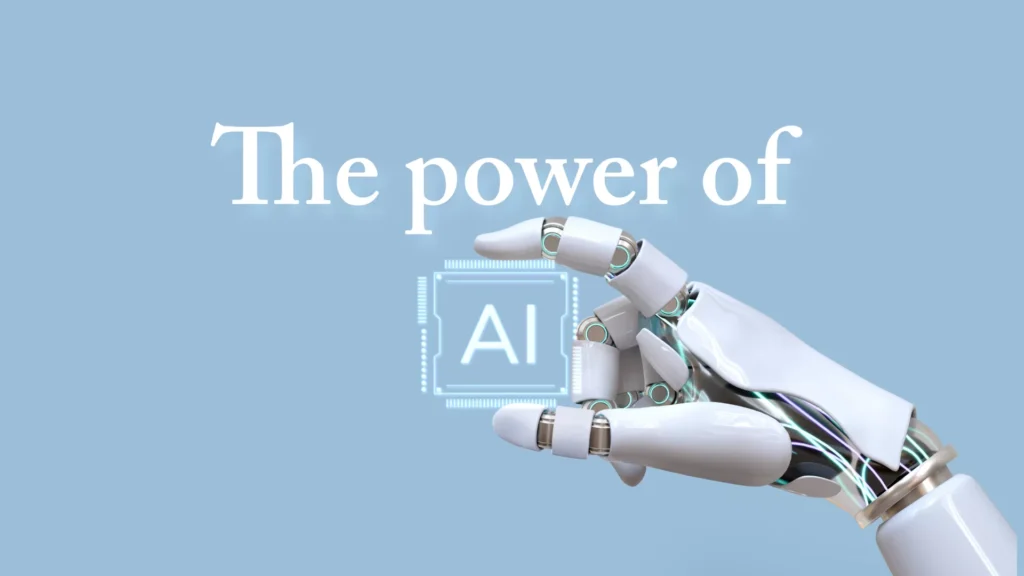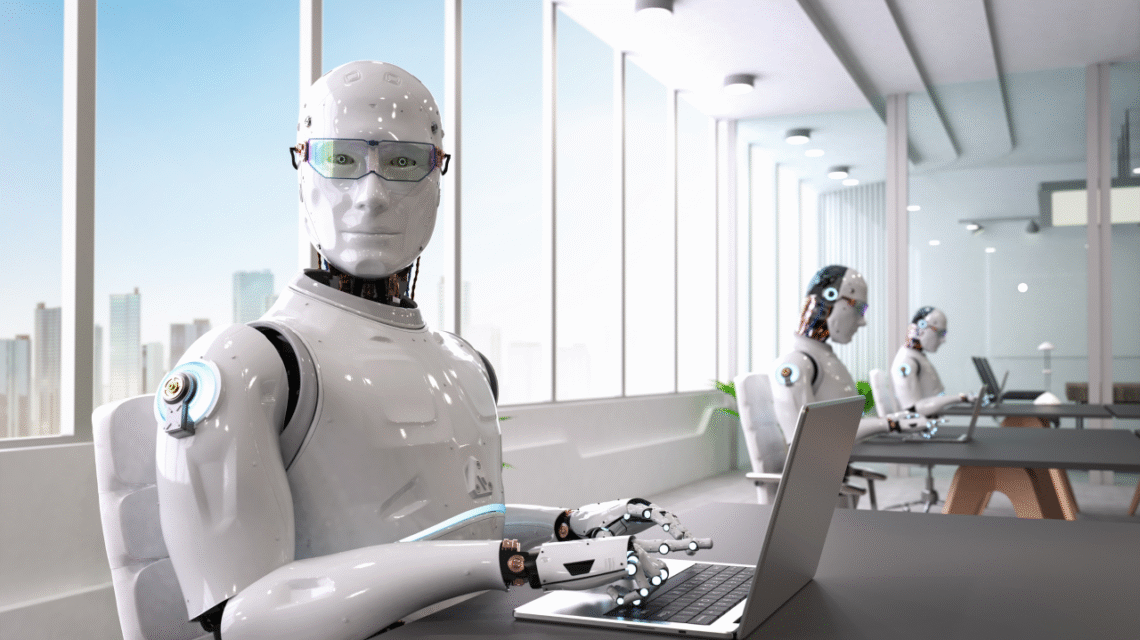Table of Contents
Artificial Intelligence (AI) has rapidly moved from a futuristic concept to a present-day reality, reshaping how businesses operate and how people live their lives. From voice assistants on our phones to advanced predictive analytics, AI’s impact is growing across various industries. But what does the future hold, and how can businesses prepare for this AI-driven era?
What is Artificial Intelligence?

At its core, AI refers to machines and software designed to perform tasks that typically require human intelligence. This includes learning, reasoning, problem-solving, perception, and language understanding. Advances in machine learning, deep learning, and neural networks have fueled the latest breakthroughs in AI technology.
Key AI Trends Shaping the Future
AI in Healthcare
AI is revolutionizing healthcare by improving diagnostics, personalizing treatment plans, and accelerating drug discovery. Algorithms can analyze medical images faster and more accurately than human experts, helping catch diseases earlier.
Automation in the Workplace
From customer service chatbots to automated manufacturing processes, AI is streamlining workflows and boosting productivity. This allows humans to focus on more creative and strategic tasks.
AI and Data Analytics
AI-powered analytics tools can sift through vast amounts of data to uncover insights that inform business decisions, predict market trends, and optimize operations.
Natural Language Processing (NLP)
Advances in NLP enable machines to understand and generate human language with greater nuance. This technology powers virtual assistants, real-time language translation, and improved customer interaction platforms.
Ethical AI and Regulation
As AI becomes more powerful, ethical concerns about bias, privacy, and decision transparency are growing. Future regulations will likely require companies to demonstrate responsible AI use.
How Businesses Can Prepare
Invest in AI Education
Upskilling employees to work alongside AI tools is essential. Understanding AI’s capabilities and limitations helps teams make better use of the technology.
Integrate AI Thoughtfully
Businesses should identify areas where AI can add real value, rather than adopting it for the sake of technology hype.
Collaborate with AI Experts
Partnering with AI developers and consultants ensures the right strategies and implementations are in place.
The Role of AI in Branding and Marketing
Interestingly, AI is also transforming how companies build their brands. For example, AI-driven logo makers are becoming increasingly popular. These platforms use machine learning to generate unique, high-quality logos based on user preferences, enabling businesses to create professional branding quickly and cost-effectively.
Moreover, the rise of AI picture generators is revolutionizing digital content creation. These tools can produce stunning, customized visuals on demand, empowering marketers and designers to craft eye-catching campaigns without needing extensive graphic design skills.
AI-powered marketing tools analyze customer data to personalize campaigns, predict consumer behavior, and optimize advertising spend, helping brands stay ahead in competitive markets.
Looking Ahead
The AI revolution is just beginning. With continuous advancements in technology and growing adoption across sectors, AI promises to unlock unprecedented opportunities. Companies that embrace AI thoughtfully will gain a significant edge, while those who ignore it risk being left behind.
